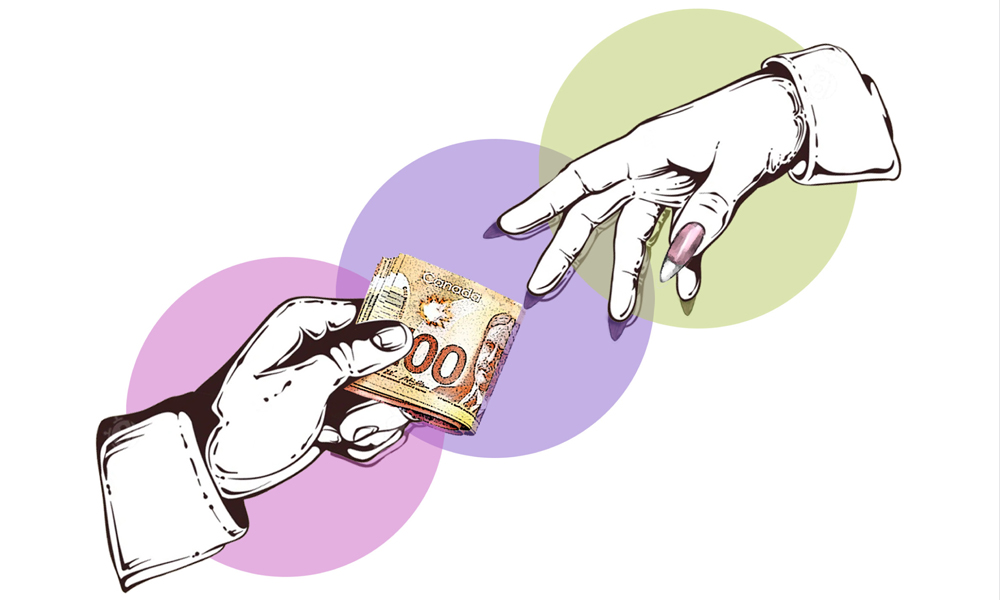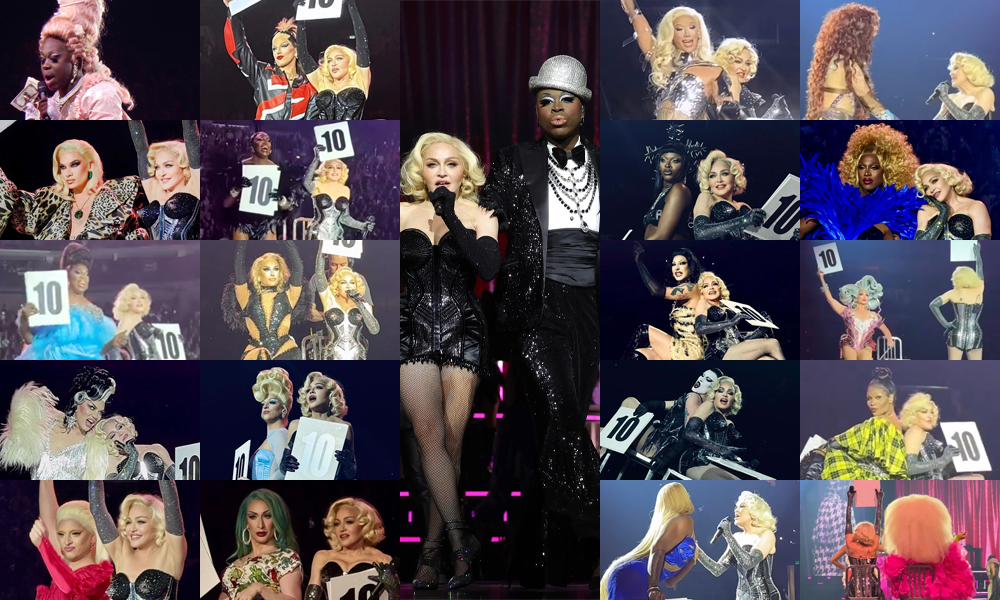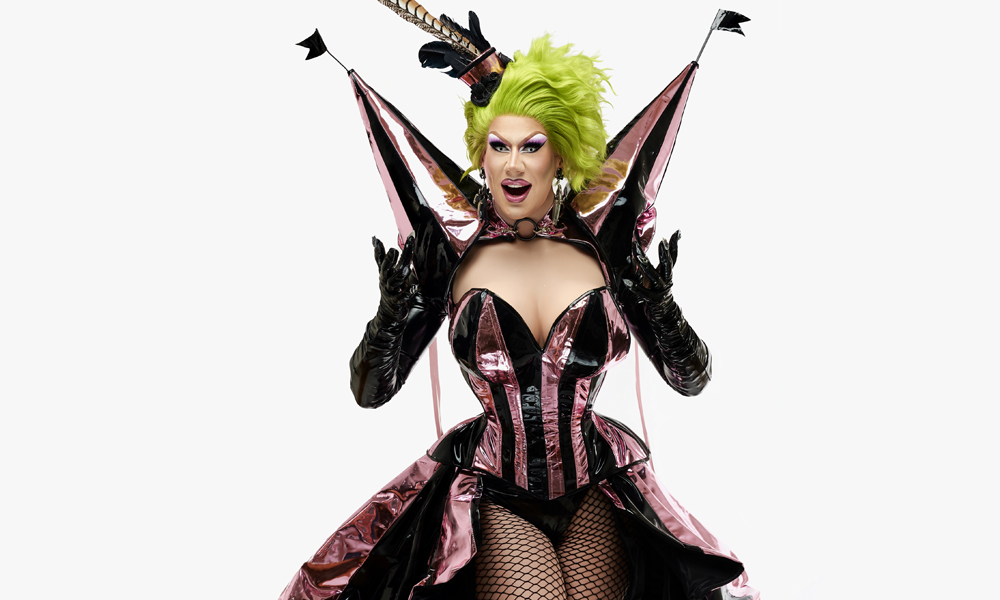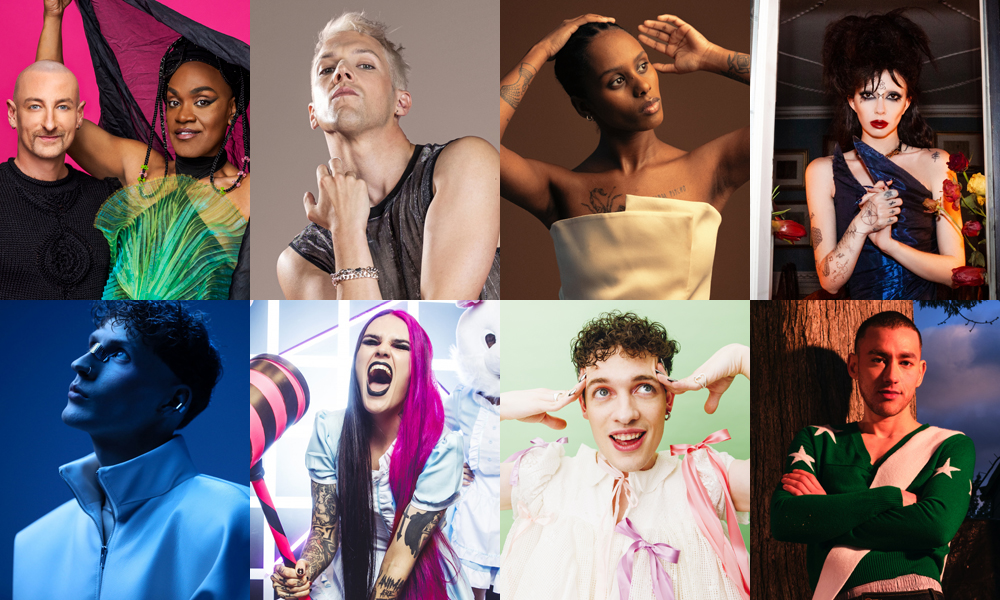When life is more expensive, fewer artists can create, and the creative scene of a city suffers…
By Warren Urquhartat
Life in Toronto is expensive. If you’ve resided in the GTA for a few years, you’ve probably heard that a lot. What might be a more appropriate slogan for the city than “Diversity Our Strength” is “Toronto is the most expensive it’s ever been.”
At least for the past few decades, that’s not hyperbole. In November 2022, the average rent in Canada was past $2,000, a record high. For a year-over-year inflation rate, that’s 12.4 per cent, far higher than Canada’s total inflation rate. A one-bedroom in Toronto is, on average, $2,532 a month. That’s not good for anyone, but it has a specific effect on the plight of the working artist.
When life is more expensive, fewer artists can create, and the creative scene of a city suffers. If you’re an aspiring drag queen, your ability to make a name and express yourself becomes harder with every percentage point the inflation rate goes up. Queens who compete, or have competed, on RuPaul’s Drag Race are at the top of their profession. The journey to get to Drag Race is incredibly difficult, but the difficulty doesn’t end with Episode 1. As is now fairly well known and documented in an excellent Vice article by Rachel Miller, competing on Drag Race can be incredibly expensive.
Miller estimates that Drag Race contestants pay thousands of dollars to compete. For working-class queens like Heidi N. Closet – who says her annual salary before the show was $9,000, and who had only 33 cents in the bank when cameras were rolling for Episode 1 – that’s a lot. Some have to go into debt: Sasha Velour spent $4,000 for her Drag Race run (half of it from savings, the other half a loan from her father). Back up north, Canada’s Drag Race Season 2 winner Icesis Couture spent over $70,000 on her victorious run. On top of the enormous pressure of trying to seize the moment and make a dream your reality, these queens can face extraordinary financial stress
What’s more incredible is that those queens aspiring for RuPaul’s Olympus likely faced extraordinary financial barriers just to get to that point. For those trying to make drag a career, or even a sustainable artistic side endeavour, be prepared to spend money and not make much of it (potentially for years). Tie that to rising rents and a high overall cost of living, and you make a difficult task exponentially more difficult.
Devin Martin is from Chatham, Ontario, and moved to Toronto just a few months ago. Martin he told me he had begun to show a flair for drag in his hometown, where he organized a Charity Pride Month Drag Brunch and performed as Paddy Devine to much acclaim. A self-proclaimed “bar star” – Devin took their energy and stage presence to Toronto, not too long after their event in Chatham. Bartender and server by day, Devin quickly found momentum at night, performing at open stages in the city, and winning a hosting gig (which brought a $75 prize).
As with the vast majority of new drag queens, the ingredients to Devin’s momentum were talent, spending money out of their own pocket and performing for free. Open stage gigs are normally unpaid (aside from audience tips – so audience, gets your bills out!), and drag materials can cost a lot of money. Makeup and padding can cost $40 to $100, pantyhose can be $30 to $40, and transportation costs (transit/Uber/gas money) are just some of the usual drag necessities. In terms of performance preparation, dedicated queens spend hours of their free time; Devin starts getting ready at 6 or 7 pm for a 9 or 9:30 pm performance (often for an unpaid show). And when it comes to learning a song, Devin will listen to it around 30 times. That’s all on top of a day job.
Aurora Matrix has been performing drag for about four years, and is a rising star in Canada’s drag scene. Aurora found momentum through open stages, and now mostly performs for paid gigs along with making high-profile media appearances, such as being a guest on Crave TV’s 1 Queen 5 Queers. Aurora, of course, is no stranger to the high costs of drag. Wigs are $70 for synthetic hair, or up to $500 for human hair, and that’s before styling and colour. Makeup can cost $150, and boots (which can easily wear and tear for someone who, like Aurora, has a strong dance background) are about $150. Aurora is currently managed by Lavender Promotions, but still does a decent amount of unpaid labour for her own career – like managing their social media following of tens of thousands of followers, or taking their own photos for promotional purposes. The hustle doesn’t stop even when you start climbing up the ladder.
It’s clear that drag is hard and expensive at the best of times, but those starting out today do it in a time of relative economic scarcity. In 2021 (before interest rates started to ramp up), the proportion of employed workers in Canada with more than one job was almost two and half times the recorded rate in 1976. People are working more, likely because they have to – and when you have a second job, you have even less time to give a passion project like drag a real shot.
In the midst of these economic anxieties, stories about nepo babies resonate and that’s no coincidence. Specifically, the discourse is centred around those working in the arts – an aspirational career for many. There has been pushback from some of those nepo babies (many of whom are talented and likeable), perhaps under the impression that this discourse is motivated by jealousy. Instead, it is likely motivated by the feeling that opportunities are vanishing for those who aren’t born on third base, merely because they were born in a time of unaffordability. Just as we should do with all forms of art, let’s make sure that drag remains and becomes even more accessible to those with drive and a dream – family ties and financial position notwithstanding.
WARREN URQUHART is a soon-to-be consumer protection lawyer finishing up the licensing process in Ontario (none of the opinions expressed represent the views of Warren’s employer). When he’s not writing or working, he’s drinking coffee or lifting weights (sometimes at the same time!).







POST A COMMENT